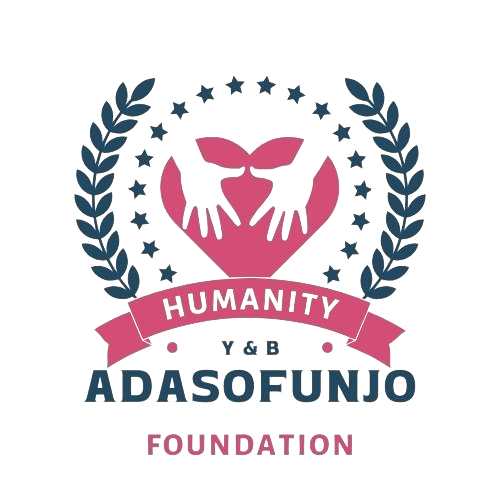Grant Process
Grant Process
The Trustees and Staff carefully review each grant applicant for alignment with the Foundation’s mission and the instructions led by YEMI AND BUKOLA ADASOFUNJO. The approval process consists of three levels of scrutiny, each of which must be approved before consideration at the next level:
- Staff Review
- Grant Committee Review
- Total Board Review
Types of Grants Funded
The Foundation funds general operating expenses, special programs/projects, and will consider capital campaigns. Multi-year grants are typically not considered.
Interviews and Site Visits
Following receipt of an application, the staff may reach out to schedule an interview or site visit.
Who Can Apply
Grant applicants must be classified as a public charity under Section 501(c)(3) of the Internal Revenue Code. An IRS determination letter certifying this tax status will be required to receive funding. Grants will be considered for organizations assisting the underserved in Public Welfare, Education, and Health, and for organizations focused on Science & Technology or Culture & Environment. (See What We Do for definitions of these categories.) The Foundation’s grants are focused on the counties comprising the Atlanta Metropolitan Statistical Area (MSA). However, we will consider organizations outside metro Atlanta but within the state of Georgia. Grants will not be considered for legislative lobbying or other political purposes; special events, performances, or dinners (e.g., sponsorship, tickets and/or tables); sports booster clubs; churches or religious organizations when the project in question primarily serves congregation members; or requests to retire accumulated debt resulting from operating deficits. The Foundation does not make grants or loans to individuals. Each grantee must provide a statement of how its grant was utilized and the end results or impact (e.g., project status, metrics of success). At its discretion the Foundation may deviate from these guidelines, and may amend, modify or waive any of these procedures if it deems it is in its best interest to do so.

Public Welfare
Organizations that provide for basic human needs, including food, shelter, and clothing, and those that provide legal assistance and support the assimilation of immigrants.

Education
Organizations that provide and enhance educational initiatives, ranging from early childhood education to adult continuing education, including colleges and universities, and training for people with disabilities.

Health
Organizations that provide access to quality medical, mental, and dental care for those who otherwise wouldn’t have it.
